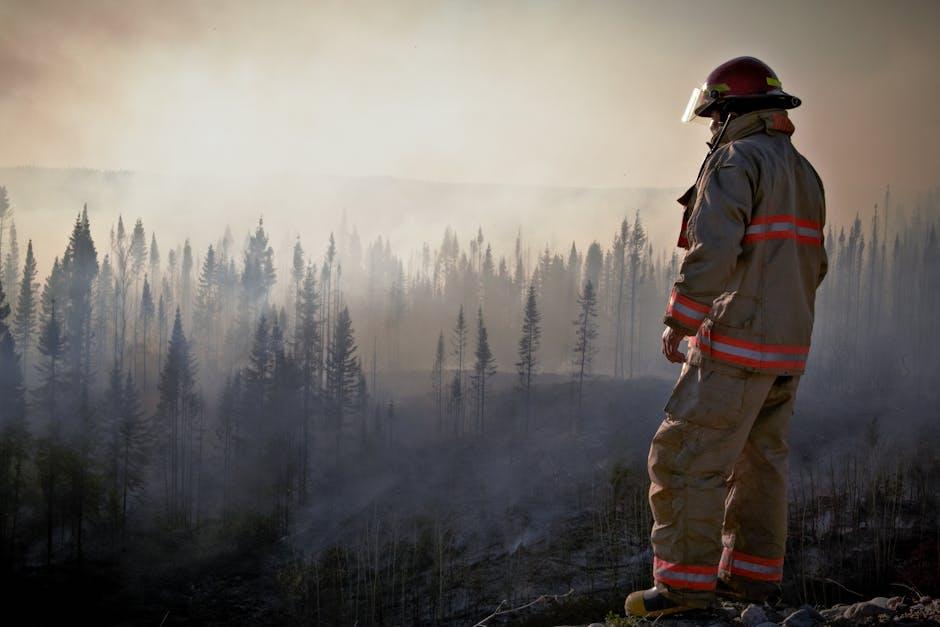When planning a trip, many travelers focus on exciting itineraries and packing essentials, often overlooking the potential for unforeseen disruptions. Natural disasters, such as hurricanes, earthquakes, or volcanic eruptions, can suddenly transform a dream vacation into a logistical nightmare. This is where travel insurance comes into play, offering a safety net against the unpredictable forces of nature, commonly referred to as “Acts of God.” However, understanding the extent of this coverage can be complex. This article aims to demystify the nuances of travel insurance policies, specifically addressing whether and how they cover natural disasters. By examining key policy details and common exclusions, we will equip you with the knowledge to make informed decisions, ensuring peace of mind as you embark on your journeys.
Understanding the Scope of Travel Insurance Coverage
When it comes to navigating the intricate world of travel insurance, understanding what is covered can sometimes feel like deciphering a foreign language. One area that often raises questions is whether travel insurance includes coverage for acts of God or natural disasters. Typically, these policies are designed to protect travelers from unforeseen events that could disrupt their plans, and many policies do include provisions for natural disasters. However, the scope and specifics can vary widely between providers and plans.
Key aspects to consider when evaluating coverage for natural disasters include:
- Trip Cancellation or Interruption: Does the policy cover costs if a natural disaster prevents you from traveling or forces you to cut your trip short?
- Emergency Evacuation: In the event of a natural disaster, will your policy cover the cost of emergency evacuation or relocation?
- Accommodation and Transportation: If your hotel or transportation is affected by a natural disaster, does your insurance cover additional expenses?
It’s crucial to read the fine print of any policy to understand exclusions and limitations. Some policies may only cover specific types of natural disasters, while others may require the event to be declared a disaster by local authorities. Always discuss with your insurance provider to clarify any uncertainties and ensure your policy meets your travel needs.

Evaluating Policy Terms for Natural Disaster Protection
When it comes to ensuring your travel plans are safeguarded against the unpredictable forces of nature, understanding the fine print of your insurance policy is crucial. Natural disasters, often referred to as “Acts of God,” can include events such as earthquakes, hurricanes, floods, and volcanic eruptions. Not all travel insurance policies automatically cover these events, so a thorough evaluation of your policy terms is essential.
When reviewing your policy, consider the following key aspects:
- Coverage Limits: Check if there are any caps on the amount the insurance will pay in the event of a natural disaster.
- Specific Exclusions: Identify any exclusions that specifically mention types of natural disasters or regions prone to such events.
- Trip Cancellation and Interruption: Ensure your policy covers costs associated with trip cancellations or interruptions due to natural disasters.
- Emergency Assistance: Verify the availability of emergency services and support in the affected area.
By understanding these elements, you can confidently navigate the complexities of travel insurance and make informed decisions to protect your journey against the whims of nature.

Proactive Steps to Ensure Comprehensive Travel Coverage
When planning your travel insurance, taking proactive measures can greatly enhance your protection against unexpected natural events. Here are a few steps to ensure your coverage is as comprehensive as possible:
- Review Policy Details: Thoroughly examine the terms and conditions of your travel insurance policy. Look for clauses related to natural disasters or acts of God, and ensure these events are explicitly covered.
- Contact Your Provider: Reach out to your insurance provider to clarify any ambiguities. Inquire about any potential exclusions and ask if additional coverage can be purchased to safeguard against specific risks like hurricanes or earthquakes.
- Stay Informed: Keep abreast of weather forecasts and travel advisories for your destination. This proactive approach can help you make informed decisions and take timely action, such as rescheduling or rerouting your trip, to avoid affected areas.
By taking these steps, you can travel with peace of mind, knowing you have a safety net against nature’s unpredictability.
Expert Recommendations for Choosing the Right Travel Insurance
When evaluating travel insurance policies, it’s crucial to scrutinize the fine print regarding coverage for unforeseen natural events. Not all policies are created equal, and coverage for natural disasters, often referred to as “Acts of God,” can vary significantly. Here are some expert tips to help you navigate this complex area:
- Read the Policy Thoroughly: Ensure you understand what constitutes a natural disaster under the policy terms. Some insurers may cover hurricanes and earthquakes but exclude volcanic eruptions or tsunamis.
- Check for Specific Exclusions: Be on the lookout for clauses that might exclude certain natural disasters. Policies might have geographical limitations or stipulate specific conditions under which coverage is provided.
- Consider Add-Ons: Some insurance providers offer additional coverage options for natural disasters. While this may increase the premium, it can provide peace of mind if you’re traveling to a region prone to such events.
- Consult with an Insurance Expert: If you’re unsure, consult with an insurance broker or agent who can offer tailored advice based on your travel itinerary and potential risks.
By taking these steps, you can make an informed decision and ensure that your travel insurance provides the necessary protection against the unpredictable forces of nature.

